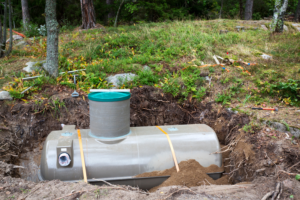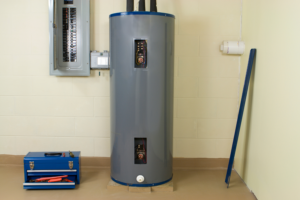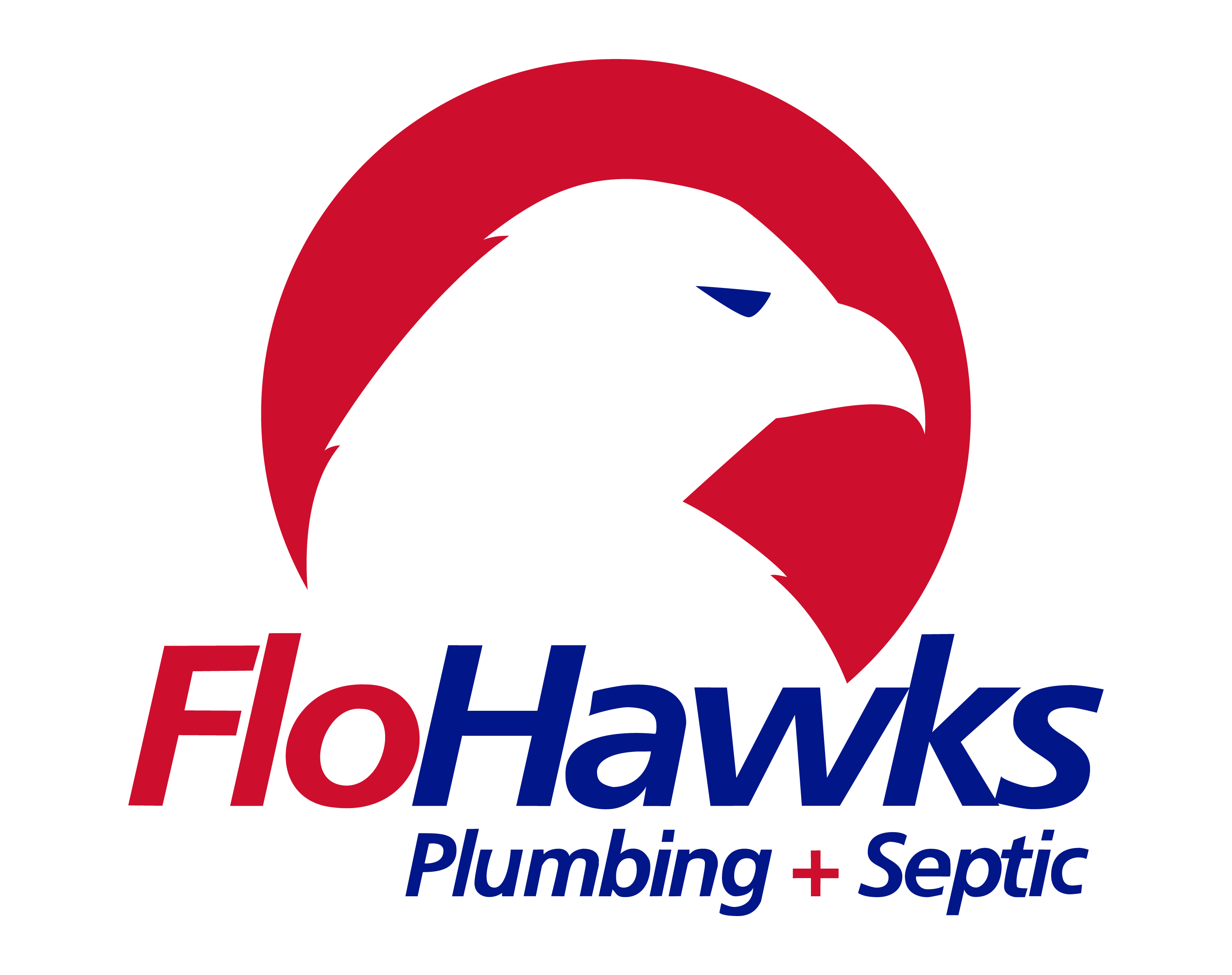What Are Grease Traps?
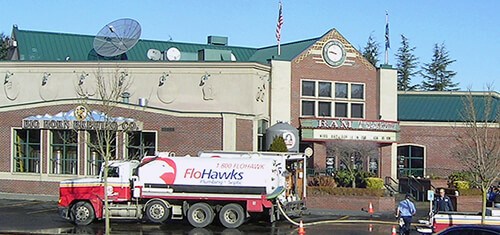 As their name implies, grease traps are designed specifically to trap fats, oils, or grease (FOG) before they can go down the drain and enter the public sewer line. Left unchecked, FOG can solidify and stick to the insides of pipes, trapping small pieces of food debris and other items. Left unchecked over time, this solid mass can continue to grow until it clogs the sewer lines and causes all kinds of destruction in the sewer system including sewage back up. The easiest way to solve this problem is to use a grease trap and prevent FOG from ever entering the sewer system.
As their name implies, grease traps are designed specifically to trap fats, oils, or grease (FOG) before they can go down the drain and enter the public sewer line. Left unchecked, FOG can solidify and stick to the insides of pipes, trapping small pieces of food debris and other items. Left unchecked over time, this solid mass can continue to grow until it clogs the sewer lines and causes all kinds of destruction in the sewer system including sewage back up. The easiest way to solve this problem is to use a grease trap and prevent FOG from ever entering the sewer system.
How Do Grease Traps Work?
Food prep sinks, floor drains, and other drains that collect grease should have grease traps so that everything you dump down the drain in a commercial kitchen ends up going through the grease trap. A properly maintained grease trap slows down the discharged liquid long enough to separate the water from the FOG and prevent the unwanted buildup in the municipal sewer line. The FOG floats to the top of the grease trap, food particles drop to the bottom of the reservoir, and discharged water flows through the sewer system. Over time and through regular use, FOG and food particles accumulate in the trap and need to be cleaned out.
Does My Commercial Kitchen Need A Grease Trap?
Establishments that have a menu loaded with fried and saucy foods have a lot of FOG and therefore require their grease traps to be cleaned out more frequently. Places like this such as ice cream parlors and pizza shops should make sure that their food prep and wash sinks are tied into a trap. The professionals at FloHawks will be happy to help you review your kitchen habits and develop some best practices to reduce the impact to your grease trap and minimize the frequency of its cleaning. For example, the more you can wipe down pots/pans, dishes, into the trash (and not down the drain), the less frequently you will need to have your grease trap cleaned. By taking better care of it, you can go longer between cleaning your grease traps, which can save you money in the long run.
How Often Do They Need To Be Cleaned?
Proper maintenance and routine cleaning is crucial to keep drains flowing smoothly, to prevent costly back-ups and major problems from happening in your restaurant. The process of cleaning the grease trap depends on the quantity and frequency of what goes down the drain. Depending on your individual configuration, different cleaning schedules can range anywhere from weekly to quarterly. Be sure to hire a reputable company like FloHawks that will properly dispose of the trap waste at a licensed facility. Foodservice facility owners or operators are typically required to document their grease management efforts, including the cleaning and repair frequency for grease removal devices and grease disposal methods.


